Introduction
Synthetic Biological Intelligence: Blending Biology and Technology – As the world pushes the boundaries of science and technology, a fascinating new concept has emerged: synthetic biological intelligence. Unlike traditional AI, which depends solely on digital computation, this field merges biology with computational power to create living, learning systems.
In short, synthetic intelligence doesn’t just mimic human thought—it evolves new forms of intelligence by combining biology, data science, and engineering. If you’ve been searching for the future of biotech and AI, this article will show you how syntheticAI and synthetic biological intelligence are reshaping industries.
For additional resources, explore synthetic intelligence.
What is Synthetic Biological Intelligence?
Synthetic biological intelligence refers to the fusion of biological systems (like cells, DNA, or neural tissue) with artificial computational models. Unlike traditional AI, which processes information in silicon chips, this field uses biological material as part of its intelligence system.
It’s one of the most advanced branches of synthetic intelligence, aiming to create hybrid systems that are both alive and computationally intelligent.
How Synthetic Biological Intelligence Differs from AI
To better understand the concept, let’s compare artificial intelligence (AI) with synthetic biological intelligence.
| Feature | Artificial Intelligence (AI) | Synthetic Biological Intelligence |
|---|---|---|
| Core Material | Computer algorithms | Biological systems + computational models |
| Function | Mimics human logic & behavior | Evolves like living organisms |
| Learning Method | Training data + algorithms | Genetic adaptation + computational learning |
| Example | Chatbots, virtual assistants | DNA-based computing, bio-hybrid robots |
Real-World Applications
The potential of synthetic biological intelligence is vast. Here are some industries exploring it today:
- Healthcare & Medicine
- Smart cells that target cancer.
- Gene editing systems powered by syntheticAI.
- Biotechnology
- Creating synthetic organisms that adapt and learn.
- Biological computing for faster problem-solving.
- Environmental Science
- Self-learning microbes to clean pollution.
- Synthetic systems that balance ecosystems.
- Agriculture
- Crops with adaptive resistance.
- Bio-sensors to detect soil health.
Examples of Synthetic Biological Intelligence in Action
| Industry | Use Case | Example |
|---|---|---|
| Medicine | Targeted drug delivery | Cancer-killing engineered cells |
| Biotech | DNA-based computing | Genetic logic circuits |
| Environment | Pollution cleanup | Self-adaptive synthetic microbes |
| Agriculture | Smart crops | AI-driven genetic enhancements |
Ethical Considerations
While synthetic biological intelligence offers exciting possibilities, it also raises ethical challenges:
- Safety: Could engineered organisms harm ecosystems?
- Privacy: How should genetic data be used responsibly?
- Control: Who decides how far synthetic artificial intelligence and biology should merge?
These questions highlight the importance of ethical frameworks and regulations.
The Future of Synthetic Biological Intelligence
As research progresses, synthetic intelligence and synthetic biological intelligence will likely merge with robotics, AI, and medicine to create unprecedented capabilities. Imagine medical treatments powered by living computers or eco-friendly machines that evolve naturally.
The future could redefine what it means to be “intelligent”—not just digital, not just biological, but syntheticAI at its core.
Conclusion
Synthetic biological intelligence is not science fiction—it’s already happening. By blending biology with advanced computation, it goes beyond traditional AI to unlock new ways of thinking, healing, and evolving.
To keep learning about this exciting future, visit synthetic intelligence.
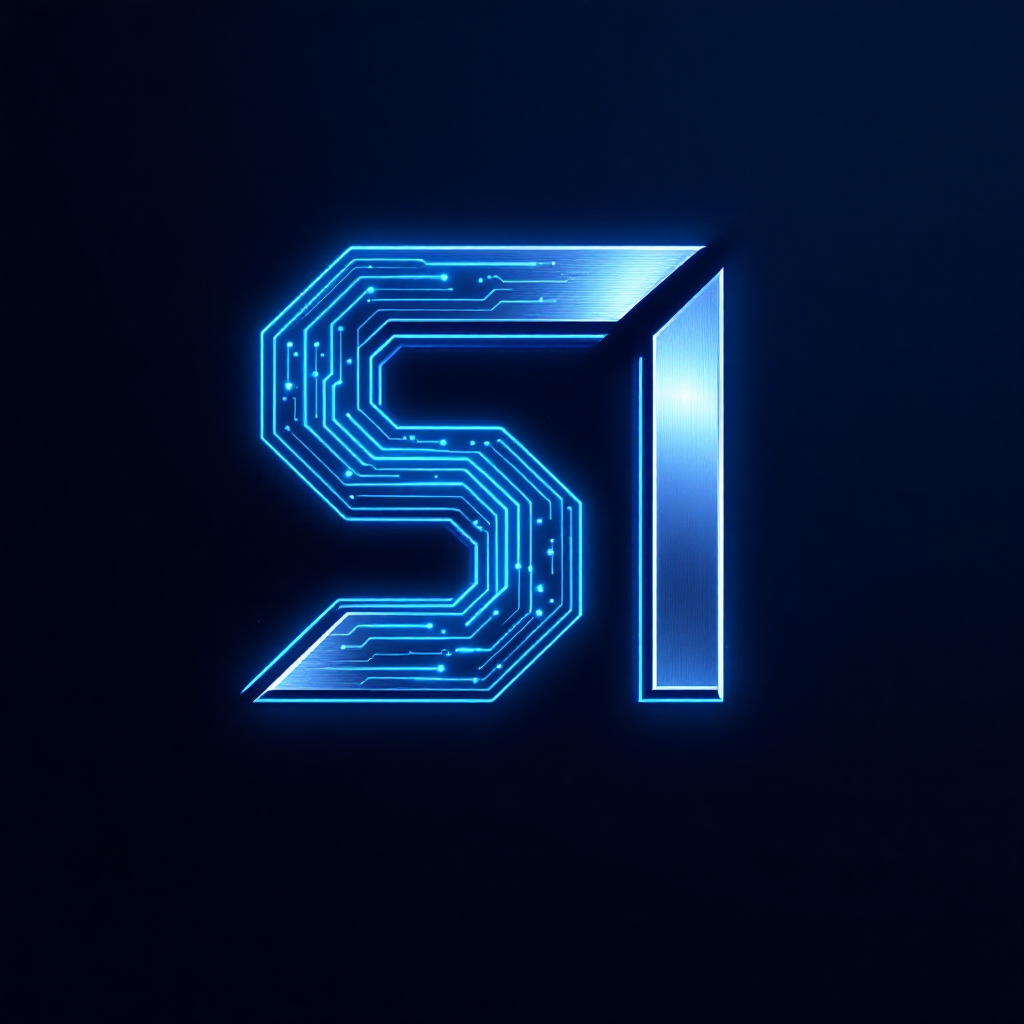





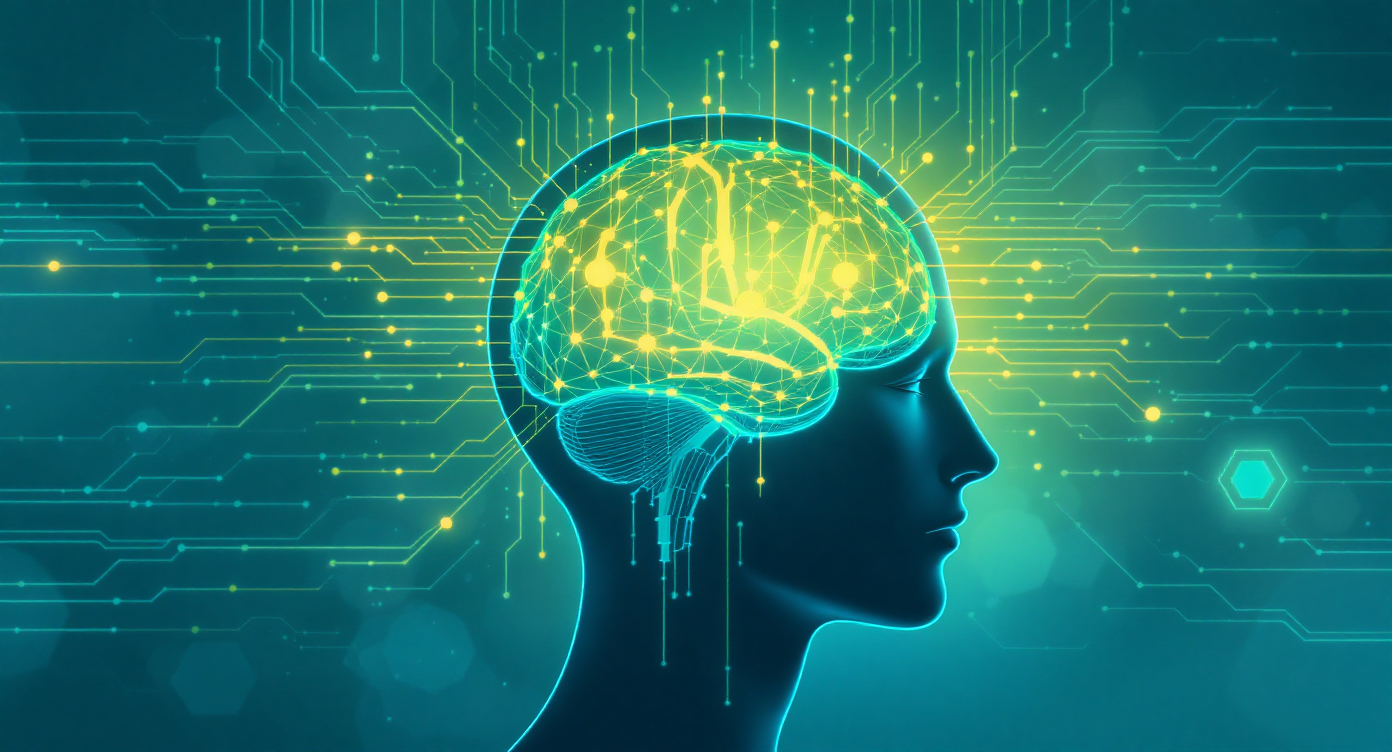
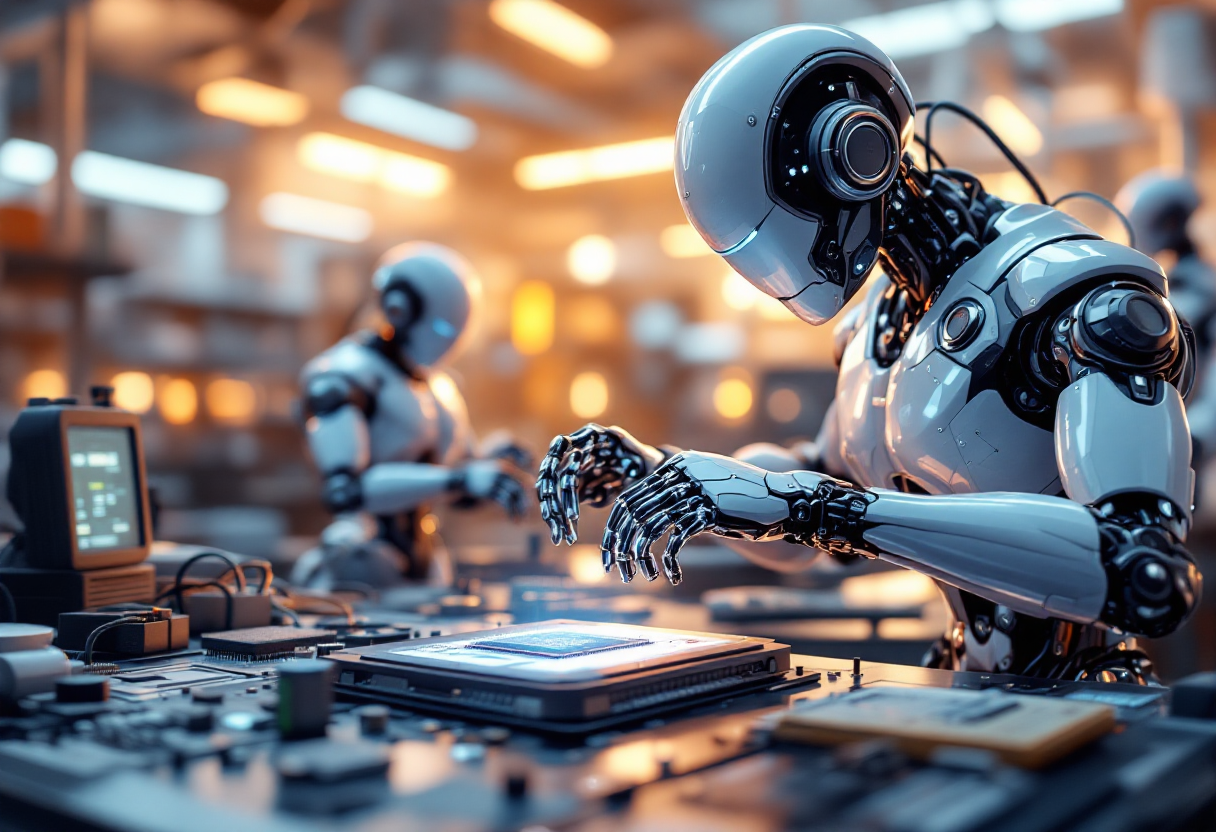
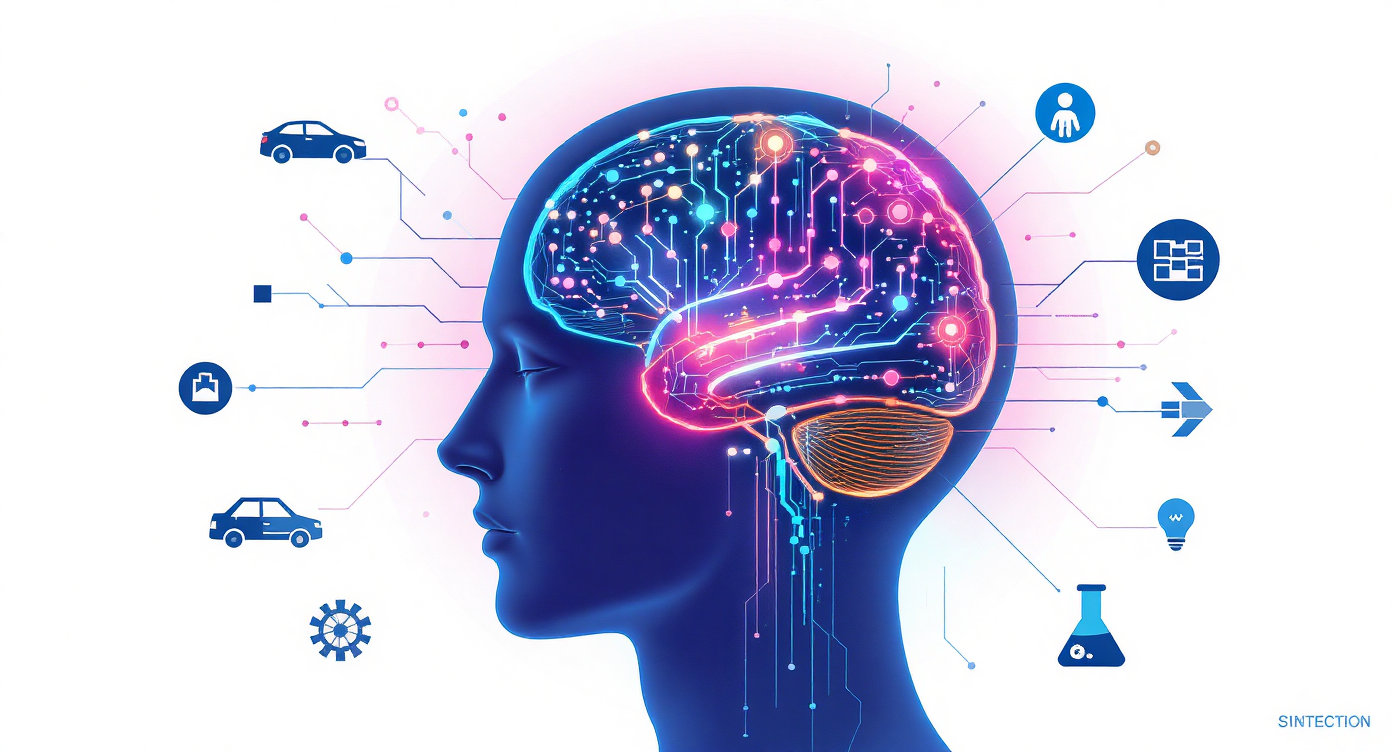
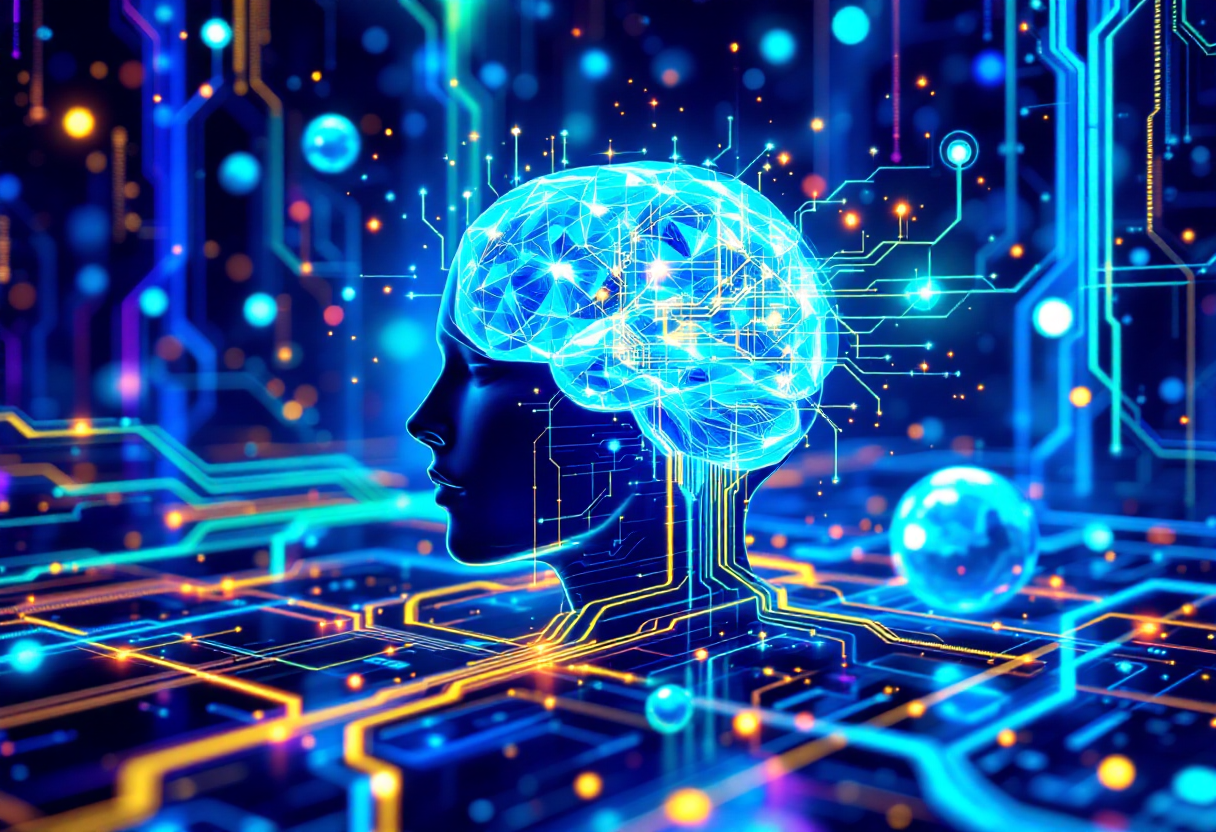
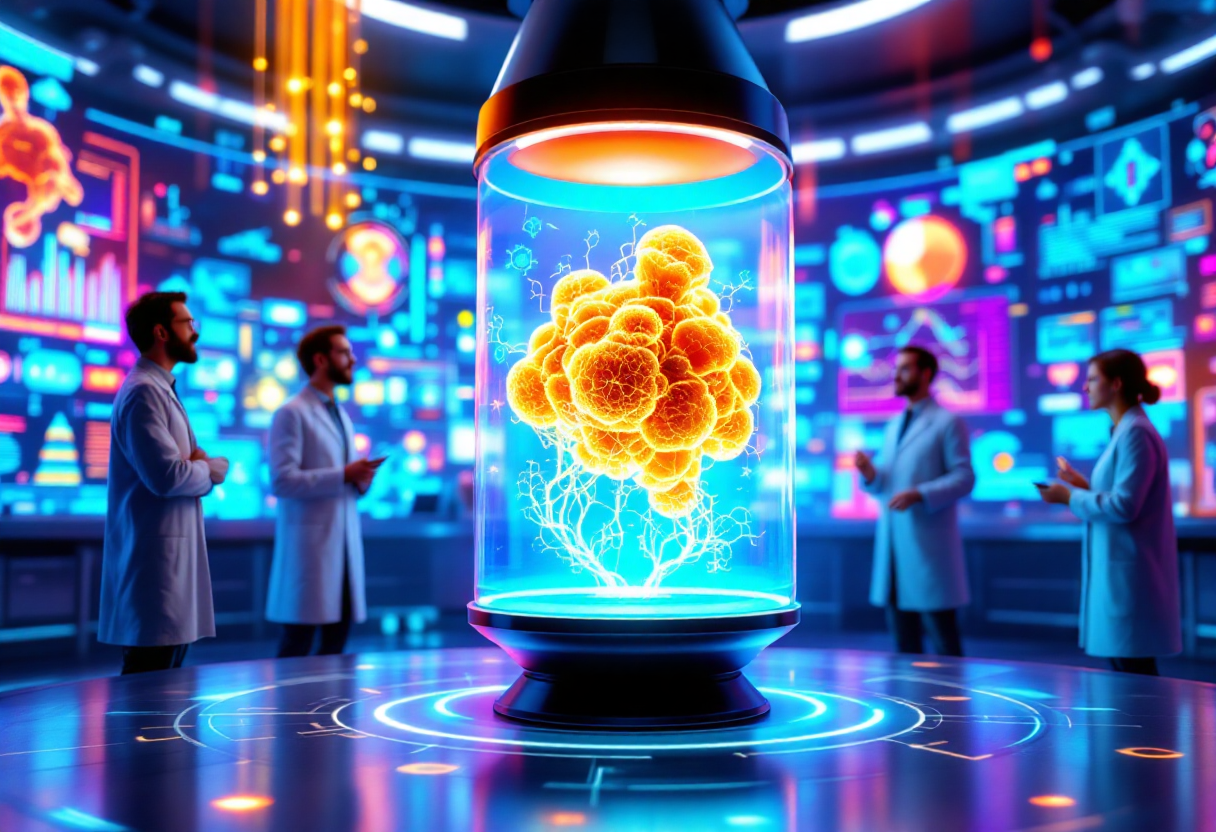
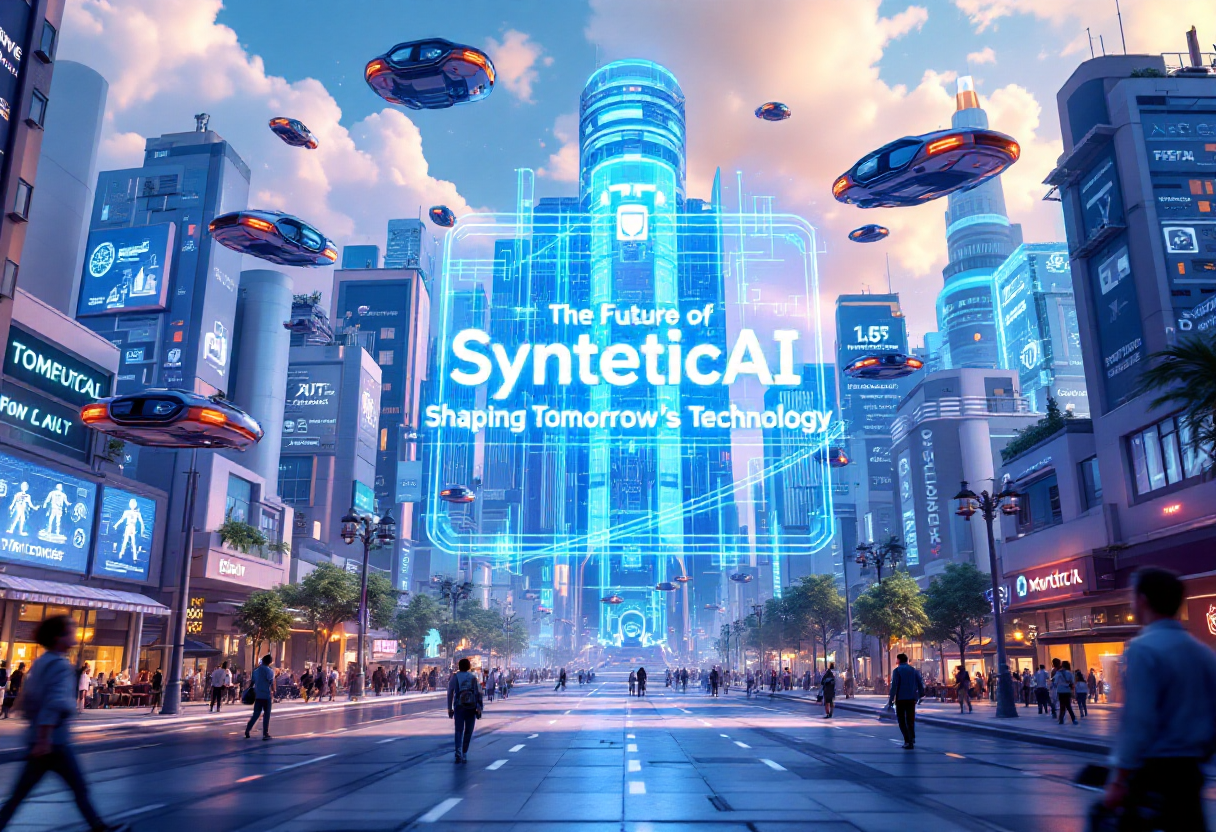
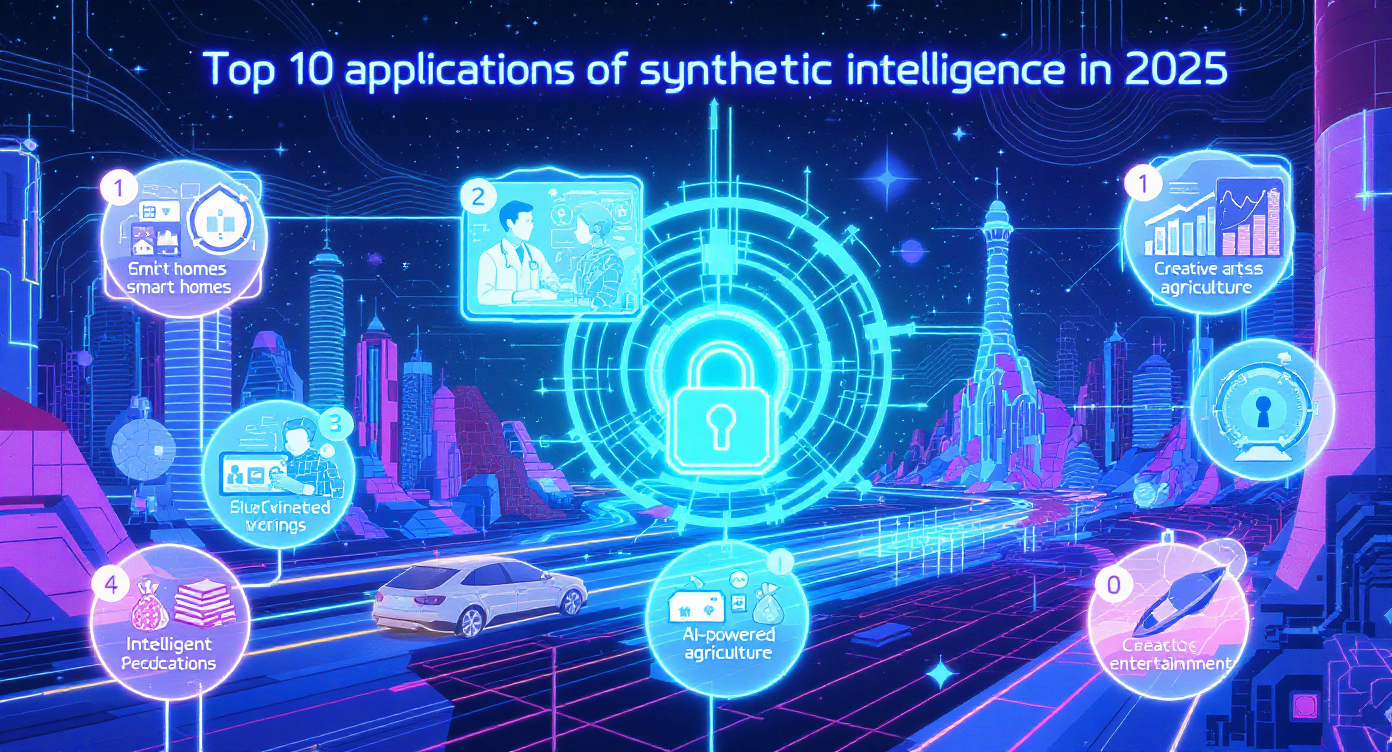
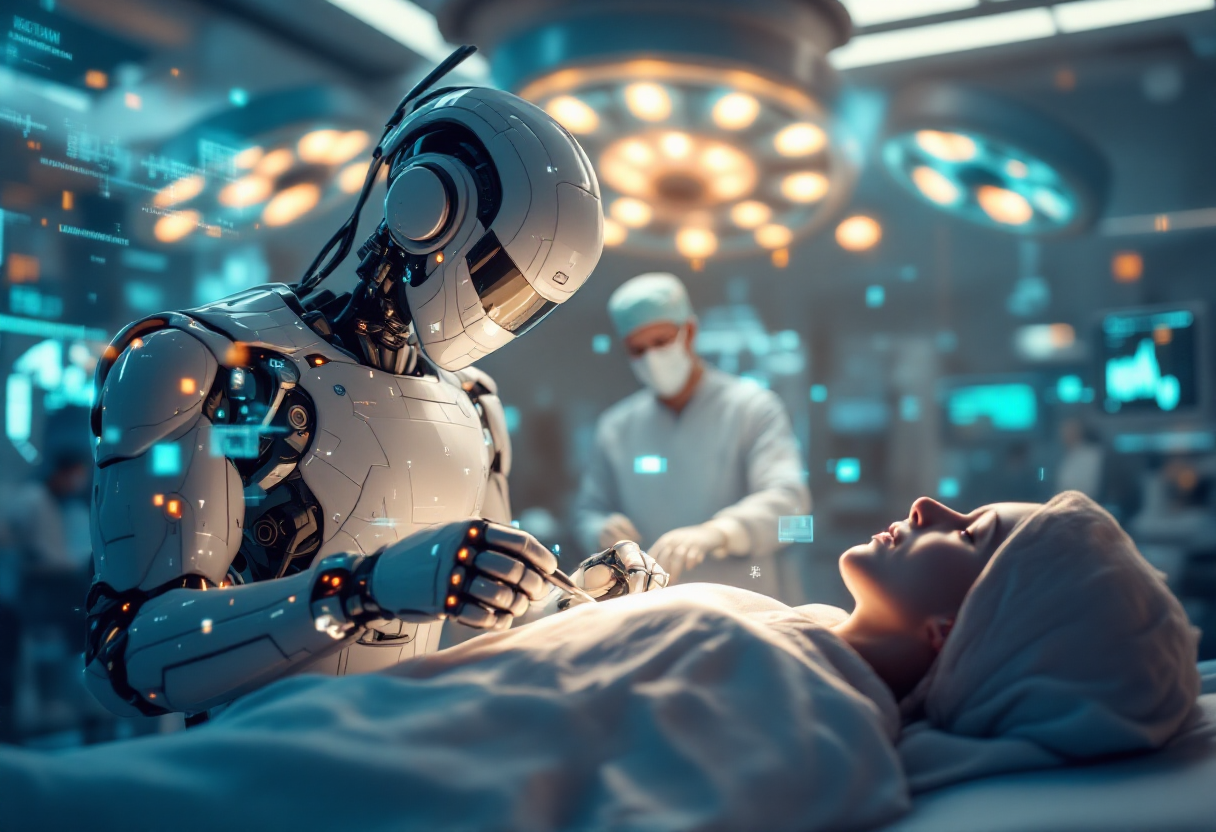
Leave a Reply